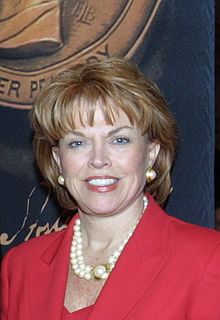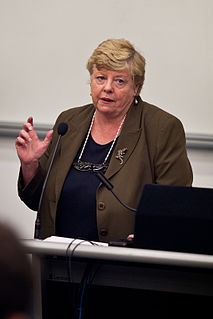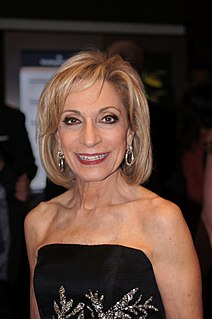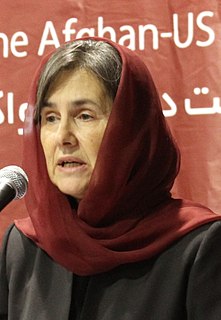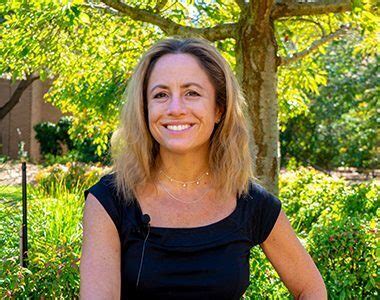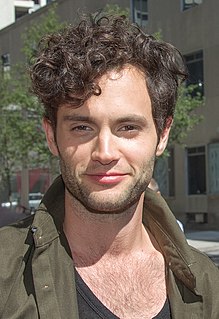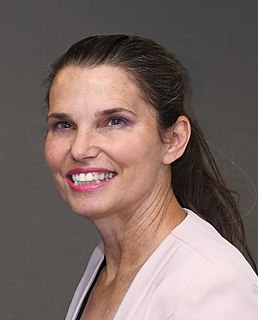A Quote by Mary Pope Osborne
I think today's young women are an especially powerful breed. They will be taking on even greater challenges, which is why achieving personal empowerment is so important for them. These women are going to be holding positions of significant authority, owning more businesses, and shaping public policy.
Related Quotes
U.N. Women was created due to the acknowledgement that gender equality and women's empowerment was still, despite progress, far from what it should be. Transforming political will and decisions, such as the Member States creating U.N. Women, into concrete steps towards gender equality and women's empowerment, I think is one of the main challenges.
There’s a saying in Africa, if you give a woman empowerment, you empower a community, you empower men, you empower man. When women become empowered and live in their strength it’s beneficiary to others, and I think as young women today we sometimes forget that we are standing on the struggle of other women. Those women had to stand up to make a change, and they were not popular, and now we’re making them unpopular again.
I think there's more support today. I think there's better understanding today. And there's a better appreciation for the fact that if any community is going to prosper, if any community is going to be seen at its best, that the women in that community have to be viewed as equally as important as the men. And [women] have to be able to live outside of boundaries that are placed on them because of their gender. As well as their race or their religion.
What business needs now is exactly what women are able to provide, and at the very time when women are surging into the work force. But perhaps even more important than work force numbers is the fact that women - who began this sweeping entry in the mid-seventies - are just now beginning to assume positions of leadership, which give them the scope to create and reinforce the trends toward change. The confluence is fortunate, an alignment that gives women unique opportunities to assist in the continuing transformation of the workplace.
I sat down in 1989 and I made up my mind at that point that I was going to spend the rest of my life assisting women and youth to gain social and political empowerment through business and education. I convinced myself economic empowerment of women was going to be key, especially in a country like this where most women didn't go to school.
An ethic of maternalism was central to the utopianism of 19th century feminists. I don't think that today's women see motherhood as a source of personal power, let alone political power. I don't think that women now have that same sense that their lives as mothers gives them any special power or virtue. I think women see their lives as mothers as an adjunct to their working lives - a fulfilling and important adjunct, to be sure - but something they do in addition to working in the public realm, not because being a wife and mother gives them a distinct edge in improving the world as we know it.
I want to get young girls excited in science, tech, engineering mathematics, art, design - and how they come together. We've got this Choose Science campaign. Once women are there, though, we have to retain them. When I look at universities, it's not enough to have role models, we need to have champions. We need to have more women in senior leadership positions. There are issues about work-life balance. Women go to have children and then who keeps the lab running? There are many challenges.
We are human behind and this part of our human nature that we don't learn the importance of anything until it's snatched from our hands. In Pakistan, when we were stopped from going to school, and that time I realized that education is very important, and education is the power for women. And that's why the terrorists are afraid of education. They do not want women to get education because then women will become more powerful.



